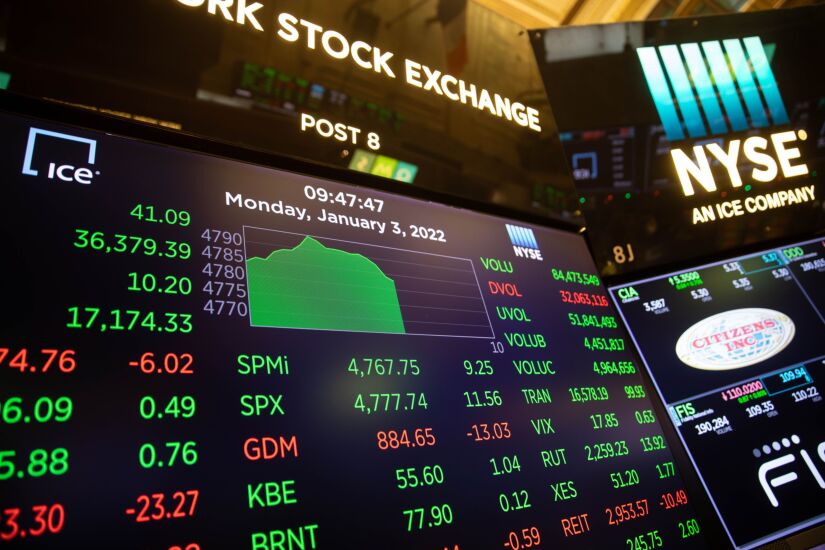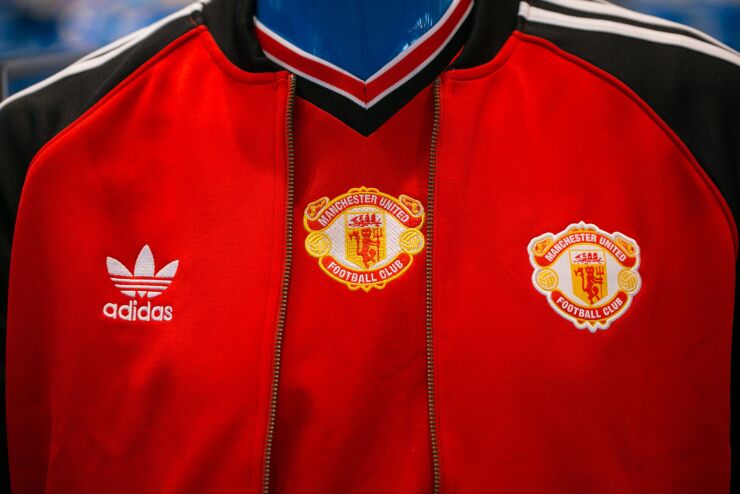The hands-off approach to investing has ballooned over the past decade, thanks in large part to exchange-traded funds — low-cost, higher-yielding investments that trade like stocks and “passively” mirror a benchmark, like the Standard & Poor’s 500 Index of top American companies. Three gigantic ETFs that track that blue-chip gauge — the SPDR S&P 500 ETF Trust, the iShares Core S&P 500 ETF and the Vanguard S&P 500 ETF — collectively have over $1 trillion in assets. Those basic and — let’s be honest — boring funds cost investors a teeny 0.09%, 0.03% and 0.03%, respectively, and have handed investors hefty returns in the 13-year bull market.
So it’s perhaps ironic that amid the strong performance of those three behemoths — more than 15% a year over the past 10 years, according to Morningstar data —
Active funds are on the cusp of major growth,
Here’s a look at seven exotic ETFs. All performance and cost data is from Morningstar. Returns are calculated after fund expenses as of Jan. 31, 2022, since the fund began operating.













